The view from the dean’s office
While my own academic freedom is less robust since becoming a senior administrator, I have loved finding new ways of defending academic freedom for others.

In my first Dispatch in my current role as a dean of arts while I was still a new dean, I described some of the ways in which the shift from an in-scope (read: faculty) position to an out-of-scope (read: senior administrative) position affects a professor’s academic freedom. My main point in that column was that professors give up some of their academic freedom when they take on senior administrative roles, but that this sacrifice is warranted by the need for universities to be collegially governed by professors (some of us in management positions), rather than run by managers who are not themselves academics.
I ended the column by promising that I would report “from the other side” about the new things I was learning about academic freedom as a fledgling dean. Now, with two years in the role under my belt, I’m ready to share some of what I’ve learned. Let’s call it an interim report.
Extramural expression
One of the things that I anticipated but have now experienced is the range of ways in which senior academic administrators must refrain from extramural expression. Some of this refrainment is surprisingly easy, and some of it is complicated.
Here’s a surprisingly easy situation: I recently went to an awards event hosted by a sister institution. I attended in order to visibly convey good will towards that institution. At one point in the evening, an award recipient delivered a shocking acceptance speech in which they railed against some of my most deeply held values. For half a second, I considered silently leaving the room in protest. But only for half a second. In the next beat, I realized that I was there for the sister institution, that they were not responsible for the contents of the speech, and that my duty as dean overrode my personal convictions. My decision was quick and clear. Easy.
Is there a threshold beyond which the decision gets hard again? Probably. I don’t suppose I’d have stuck around if the speaker had pulled out a Confederate flag. But in general, a lot of these seeming dilemmas dissolve pretty quickly.
The tougher form of refrainment from speech relates to extramural expression – expression in the public domain about matters on which I have a view. For me, the temptation to speak up usually occurs on Twitter. We have been in a pandemic for the entire time that I have been a dean. If you think that I have strong opinions on how provincial and federal governments are handling the pandemic, you are right. But I am pretty quiet about it on Twitter. I share a lot of articles about vaccine effectiveness, long COVID, etc. But I don’t actually discuss public health policy. In a province where I can regularly run into MLAs while grocery shopping, I don’t want to put my faculty or my university in the doghouse because one of my tweets rubs a politician the wrong way.
That said, I continue to feel confident doing media and social media engagements around my research areas, even when they are controversial. I work on sensitive and divisive topics like sex and gender, abortion, and harm reduction. I continue to speak out about those areas because, in those cases, I’m not just an aggrieved citizen; I’m an expert. As such, I have both the right and the duty to share my expertise with the public. Further, since I have established expertise in those areas, I am unlikely to be seen as inappropriately playing politics in a role in which (arguably) I should convey political neutrality.
These choices are tougher for senior administrators whose expertise is in politics. I recently spoke to a dean at another institution who specializes in Canadian politics. They used to do a lot of media engagements on related topics but have ceased to do so since taking on their role, for fear of biting the hand that feeds and thereby exposing their faculty to risk. They are feeling conflicted about this because they belong to a minority group relative to the experts in the field who are usually approached by the media. So, their withdrawal from media work makes the public representation and the range of available perspectives less diverse.
For this reason, they are trying to develop a sensible heuristic process for when to take the call from the media. One colleague advised them to only do media engagements on topics they are passionate about – reducing the political risk to their institution by keeping the frequency of their public engagements low. I’m not so sure about that. In my view, if a scholar (dean or not) takes a lot of media calls within their area of expertise, then they come to be known as a public expert in the field. If they only take the calls they are passionate about, they might start to seem like advocates for particular issues. It’s a tough call.
Unfortunately, understanding academic freedom doesn’t help with making that call. The dean in question has every right to continue doing all of the media engagements. They have the academic freedom to do so. What gives administrators in this position pause isn’t the question of whether they have academic freedom; it’s the diplomatic and political question of what harms to their institution they might be inviting if they get noticed by the government as a critic.
Intramural expression
Intramural expression – the freedom to criticize the university – is also complicated for senior administrators. On the one hand, we arguably have an even stronger duty than in-scope members to engage in intramural expression. As part of the leadership of the institution, we have a duty to tell the hard truths in order to help the university pursue the right course. But we also have a duty of loyalty not to criticize the institution in public or in front of in-scope members and ultimately implement the university’s decisions on all matters.
Again, COVID provides a convenient example. Throughout every stage of the pandemic at every institution across the country, there has been disagreement among out-of-scope leaders about how to respond to that wave. Remote, in person, or hybrid? Mask and vaccine mandates? Not a single university administration has had unanimity on any of these questions, but at the end of the day, we make a decision and we implement it, keeping confidential the discussion and disagreement that preceded the decision.
In-scope members can sometimes adopt a kind of monolithic view of university administrators as uncritical “yes-people.” (And to be fair – university administrators sometimes adopt a monolithic view of in-scope members!) In fact, out-of-scope roles are just more bifurcated than those of in-scope members. We have a duty to raise principled and evidence-informed critique internally, but must remain loyal externally.
That bifurcation can pose challenges to engaging authentically with our in-scope colleagues. Our members want us to be honest, clear and principled. They want to know where we stand. They lose confidence in their senior administrators if they seem to not be telling the truth.
Again, the challenge here is not exactly an academic freedom challenge, but a neighbouring challenge related to communications and trust. In such situations, I have found that academic staff members understand that senior administrators are obliged to keep some things confidential. It is possible to maintain the duty of loyalty to the institution without appearing inauthentic to members by making clear that you will tell the truth when you can, you will never tell an untruth, and on some matters you must remain silent.
Duty of care
The biggest surprise for me as I have navigated matters of academic freedom from the dean’s office is how often leading in a way that centres on care, empathy and relationships ends up supporting academic freedom. I would not have predicted it, in part because I had previously seen the stewardship of relationships as quite distinct from questions of academic freedom.
Since becoming dean though, I have often found myself working behind the scenes to address an academic freedom issue before it turns into a grievance, formal complaint or media story. (Much more of this kind of quiet, behind-the-scenes work happens than many in-scope members realize.) You would think, given that I write this column, that my approach to such cases would first and foremost be animated by the core principles of academic freedom. In fact, I have noticed that those principles end up coming into play a bit later in the process for me. In the first instance, my natural response is to centre on the people involved and to seek restorative approaches that will help them through the difficulty they are experiencing. I really only noticed in retrospect after a few such cases that starting from a place of care actually ended up supporting academic freedom as robustly or more robustly than a more juridical approach would have.
This makes sense. Universities are not just sites of scholarship; they are also homes and workplaces and owe a duty of care to their students and employees to ensure supportive places to live, work and learn. When we are able to use restorative approaches to keep people teaching, learning and researching together in the face of painful disagreement or controversy, we thereby support the academic mission of the university.
An ethics of care doesn’t work every time. Some dust-ups require a juridical approach, such as grievance or arbitration. But it has been one of the most rewarding surprises of my time as dean that most of the time, even when things go wrong, I don’t have to choose between defending academic freedom and supporting colleagues and students with empathy and care.
In that first column that I published as a dean, I described myself and my thoughts about learning to say goodbye to academic freedom. While my own academic freedom is indeed a bit less robust than when I was an in-scope member, I have loved finding ways to defend academic freedom from the dean’s office. This is one of the most important parts of our jobs as senior academic administrators. In the end, I didn’t say goodbye to academic freedom. Rather, I came to understand, use and defend it in new ways.
Featured Jobs
- Canada Impact+ Research ChairInstitut national de la recherche scientifique (INRS)
- Anthropology of Infrastructures - Faculty PositionUniversité Laval
- Soil Physics - Assistant ProfessorUniversity of Saskatchewan
- Human Rights - Assistant Professor (Expertise in Human Rights related to Artificial Intelligence and Digital Security)University of Winnipeg
- Human Rights - Assistant Professor (Expertise in Peace & Conflict Studies, Socioeconomic Rights and/or Indigenous Rights)University of Winnipeg



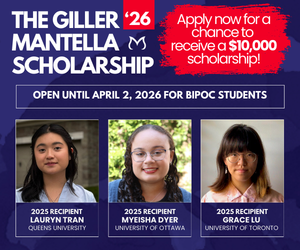



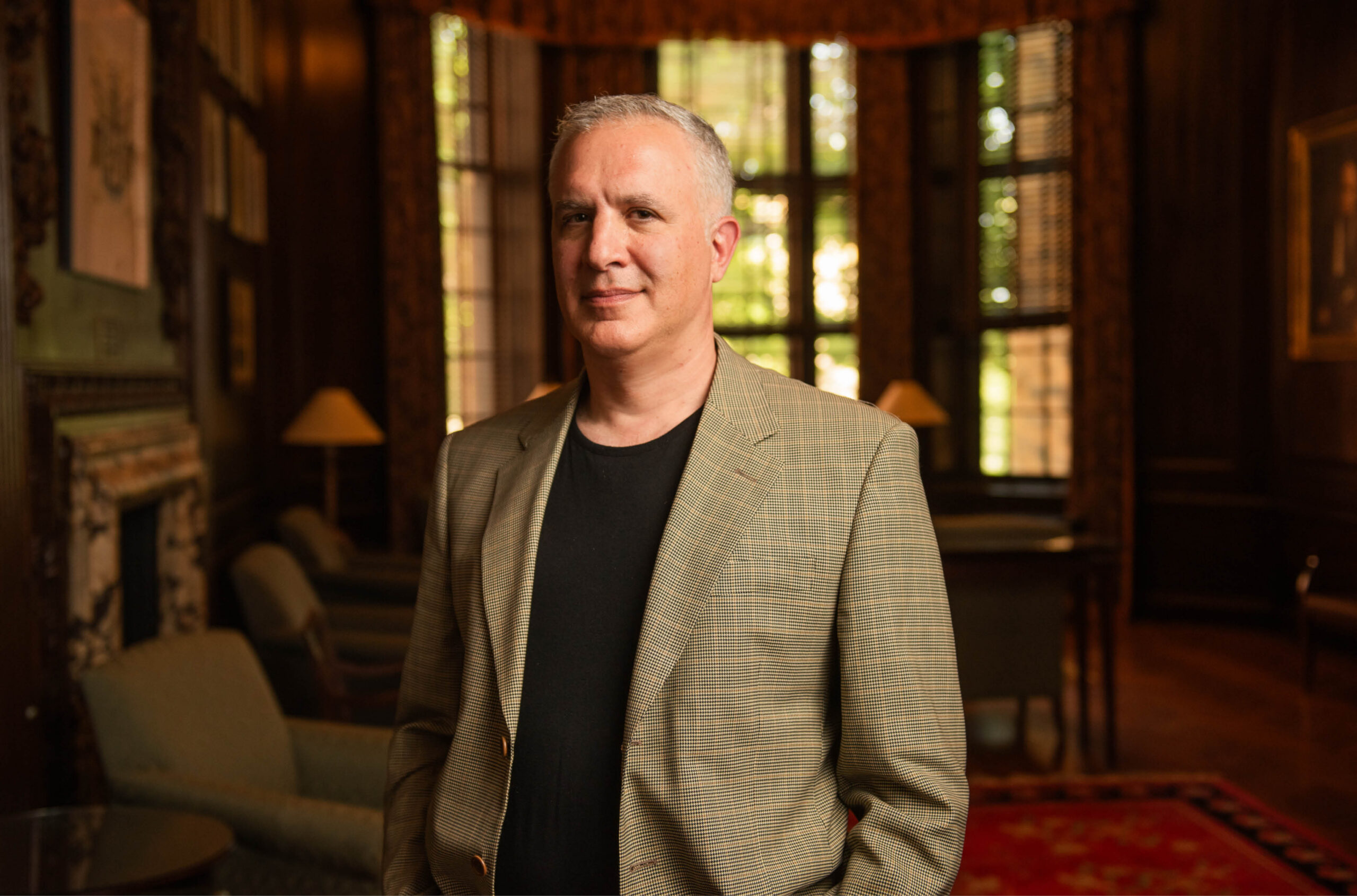
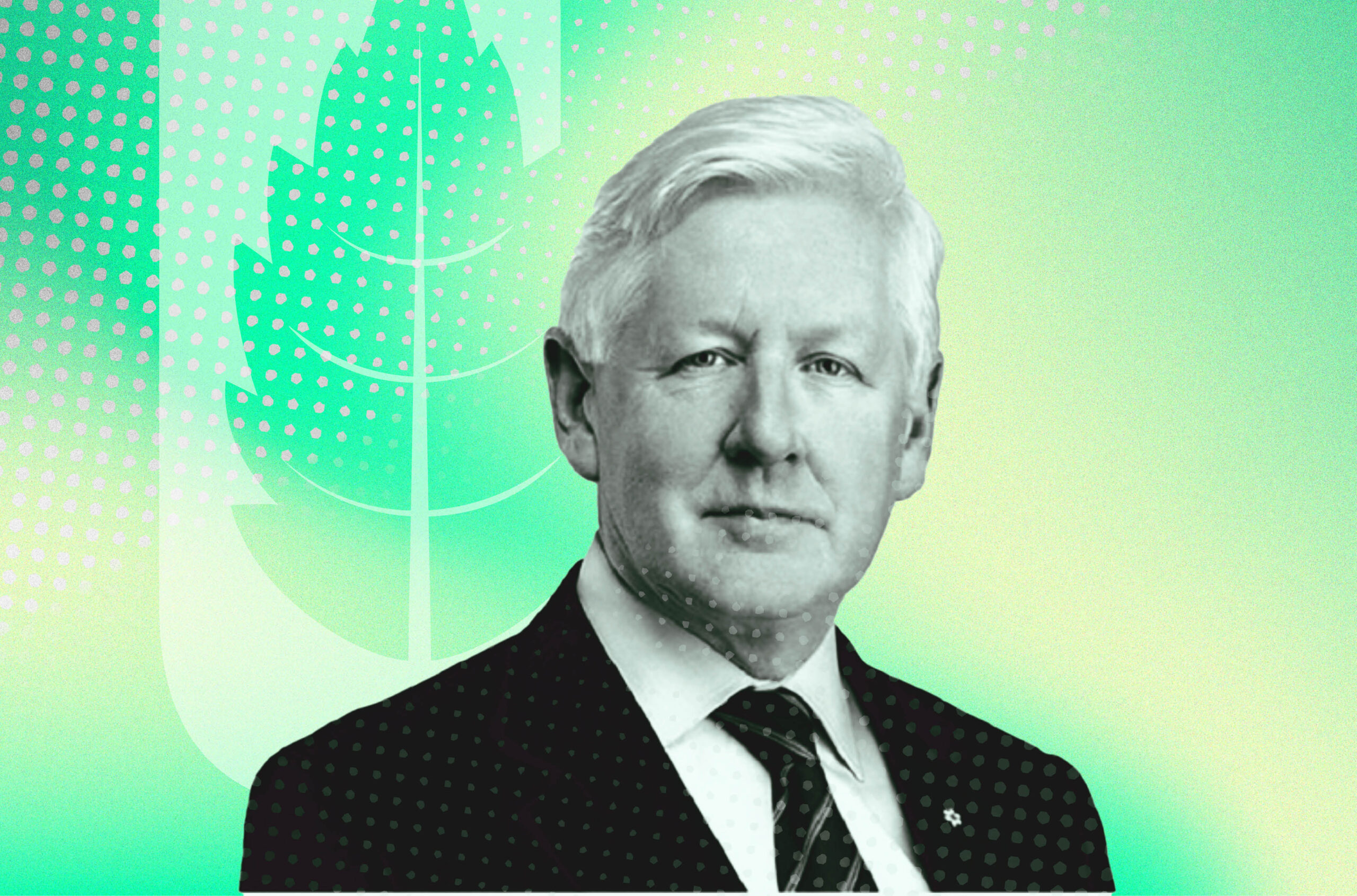
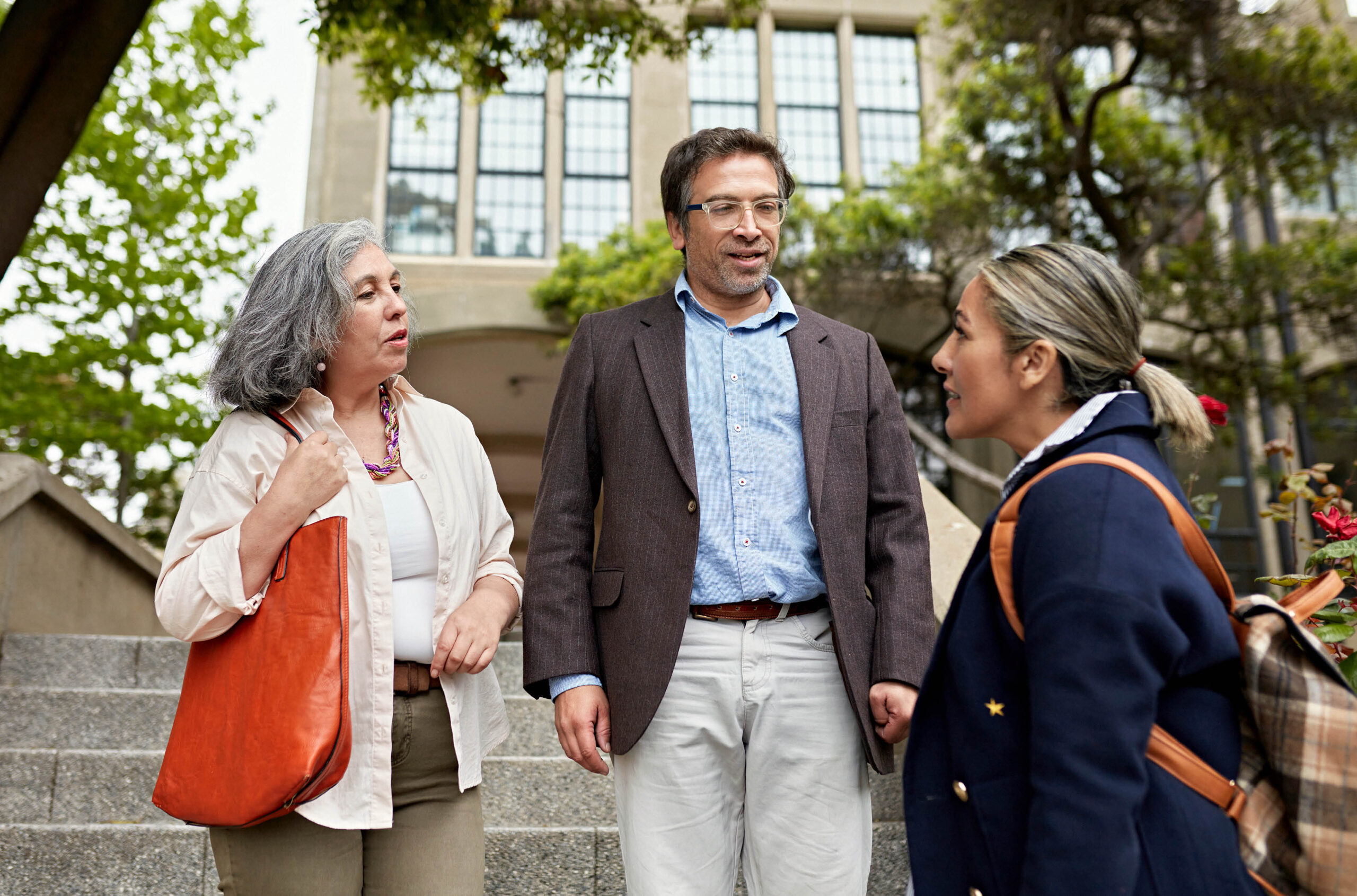
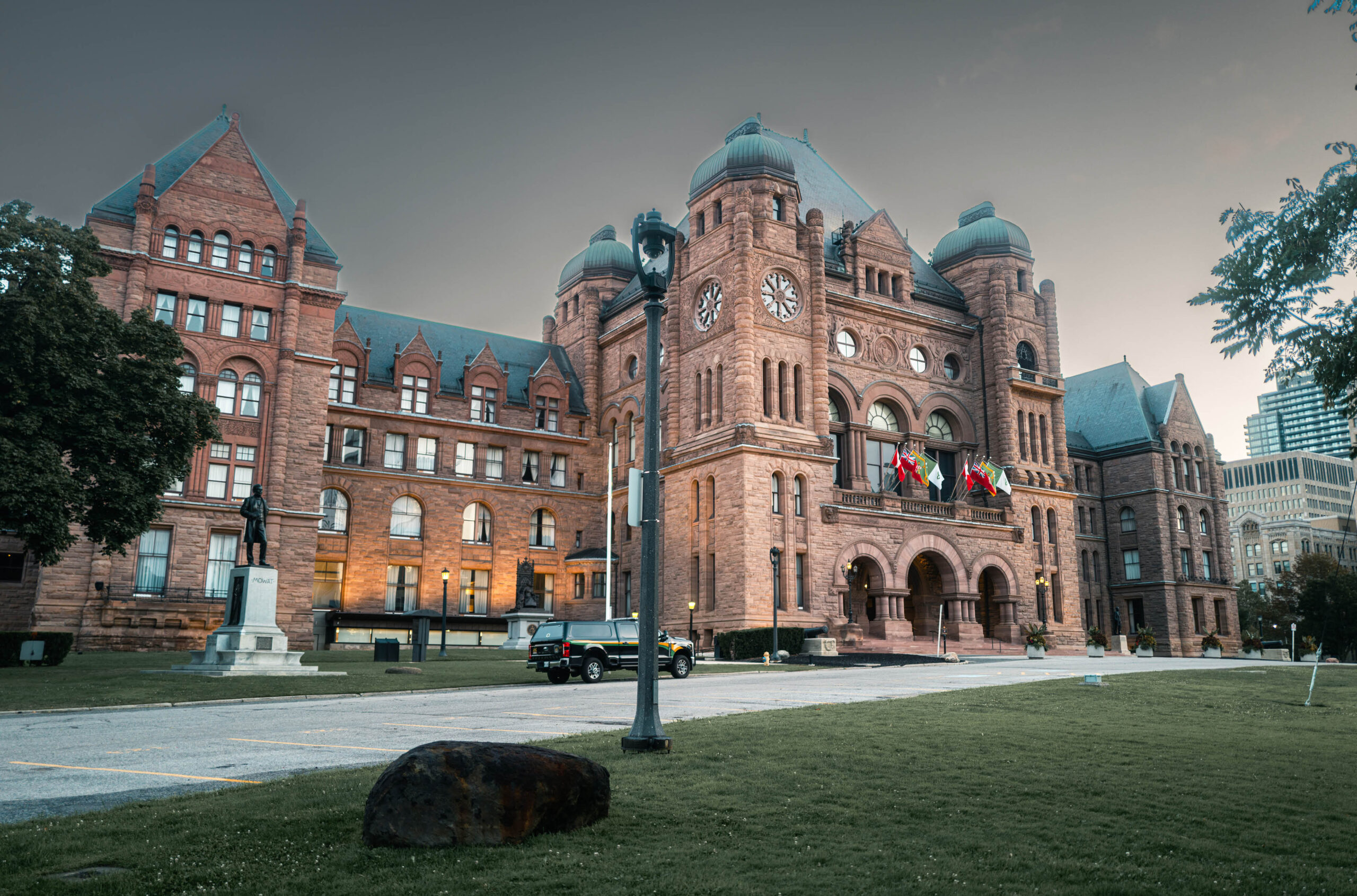
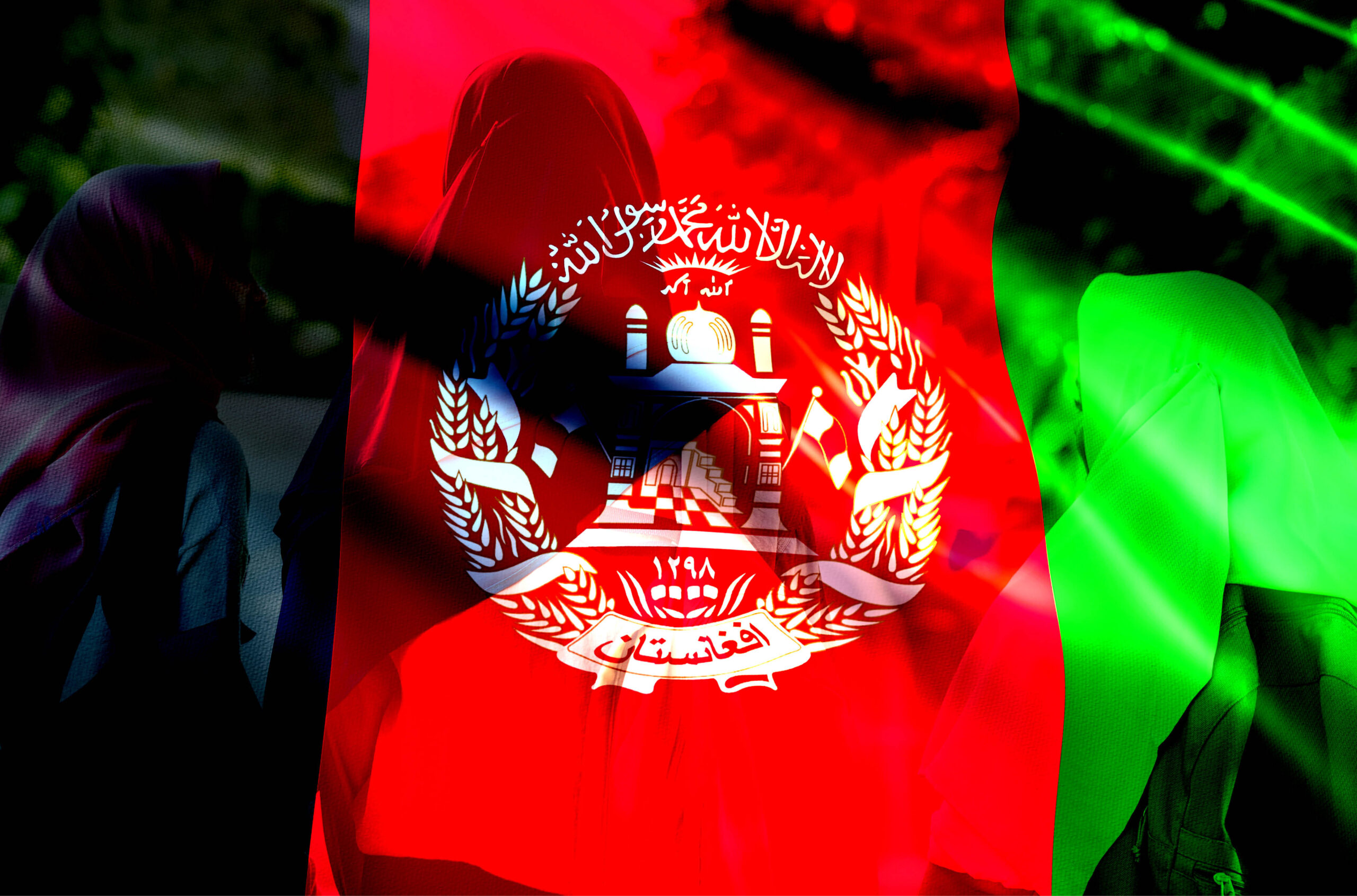
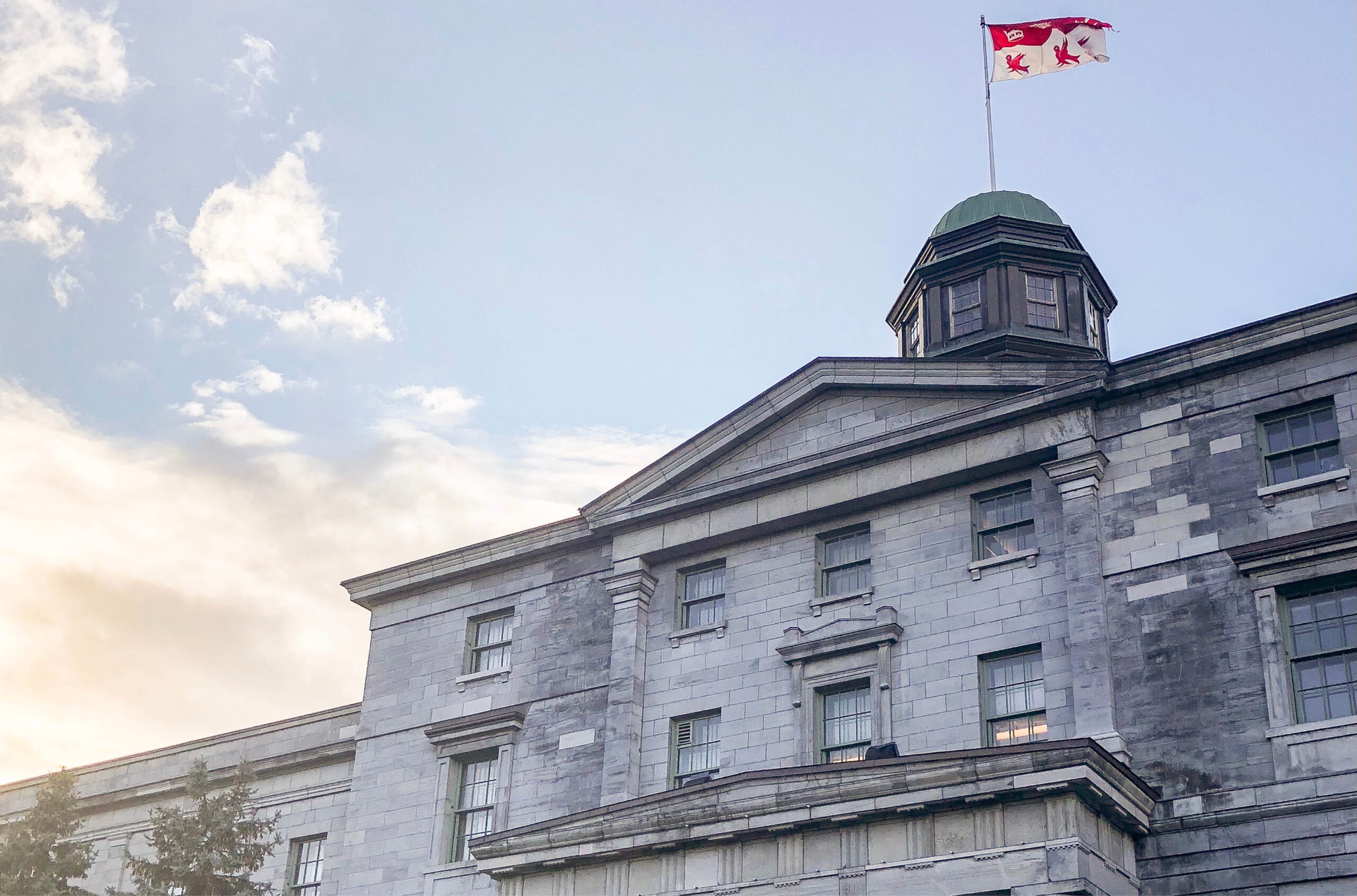
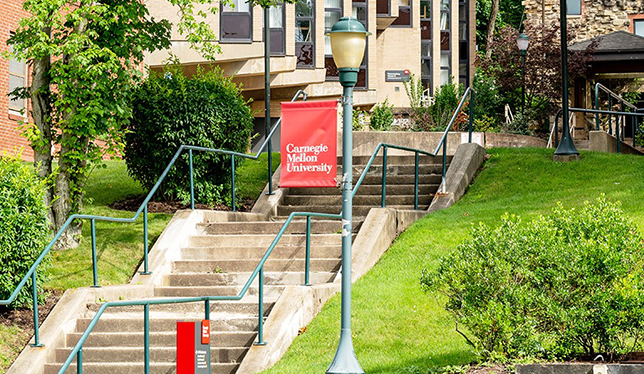



Post a comment
University Affairs moderates all comments according to the following guidelines. If approved, comments generally appear within one business day. We may republish particularly insightful remarks in our print edition or elsewhere.
2 Comments
“Intramural expression […] we have a duty to tell the hard truths in order to help the university pursue the right course. But we also have a duty of loyalty not to criticize the institution in public or in front of in-scope members […] at the end of the day, we make a decision and we implement it, keeping confidential the discussion and disagreement that preceded the decision […] In-scope members can sometimes adopt a kind of monolithic view of university administrators as uncritical “yes-people.” […] We have a duty to raise principled and evidence-informed critique internally, but must remain loyal externally.”
I tried to excise the relevant bits above, I know it’s both long and choppy!
As an “in-scope” member of a small institution with an active faculty that has always had a major role in governance, I appreciate this piece by Dr. Dea – I remember the earlier DIspatch, and I’m glad to see this follow-up.
I don’t know – and would like to hear more – how the interplay between loyalty and confidentiality is considered at the executive level. From my outsider perspective, the mis-perception of admins as “yes people” seems to be exacerbated when decisions are presented without a very full, and perhaps revealing, demonstration that other positions have in fact been vigorously and effectively argued.
Keeping the “discussion and disagreement that preceded the decision” confidential, rather than serving the shared goal, might instead undermine confidence in that a. An immediate counter-argument could of course be that there should be trust in those making the decisions, which is certainly true, but that trust is sure to be eroded a little, every time a decision is made that is at all complex. Trust is preserved when some degree of oversight is possible, and faculty are often the sort of people that like to gauge some of the arguments themselves. By hiding the controversy – if that is what is being implied – those out-of-scope members favoring some alternate course of action will always wonder if their views were fully considered … or if administration is just closing ranks after controversy emerges post-decision.
Different groups may always reach different conclusions based on the same inputs, and there will always be some dissatisfied with any decision. But I wonder if some of the trust disconnect may come from administrations considering it disloyal or unsupportive to publicly and uncompromisingly reveal the counterarguments to their own eventual decision. Sometimes, maybe even usually, there are vague nods to the arguments of the losing side, but – perhaps naïvely – I would be reassured to hear an administrator demonstrating their full grasp of the strongest arguments on both sides of an issue.
Another insightful piece, Shannon – thanks for this.